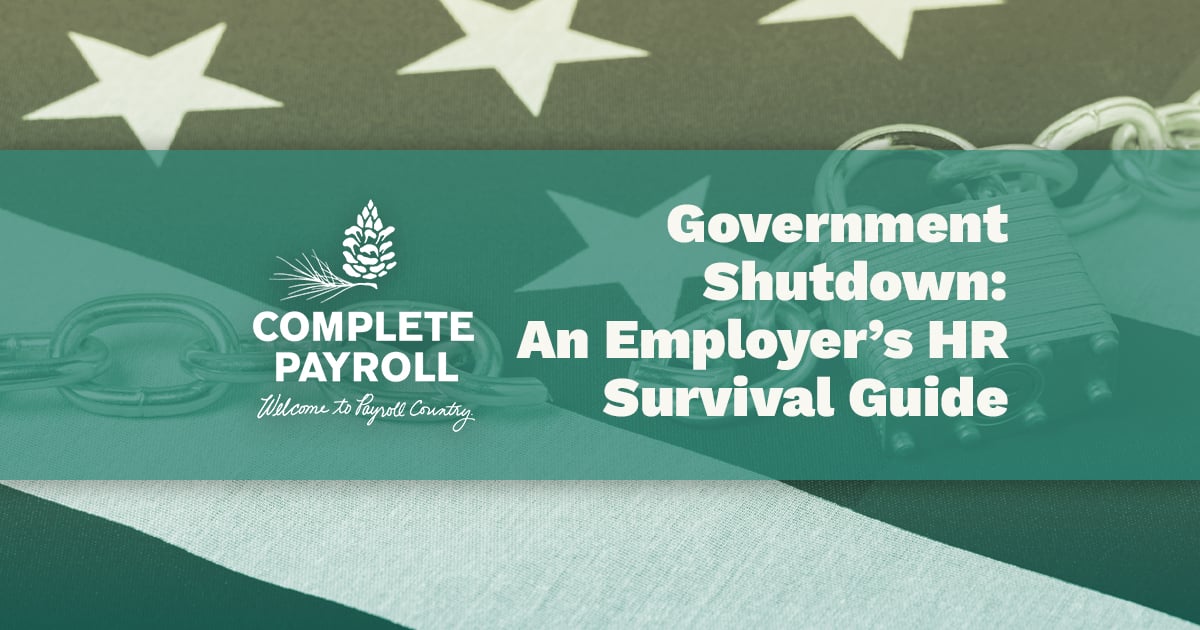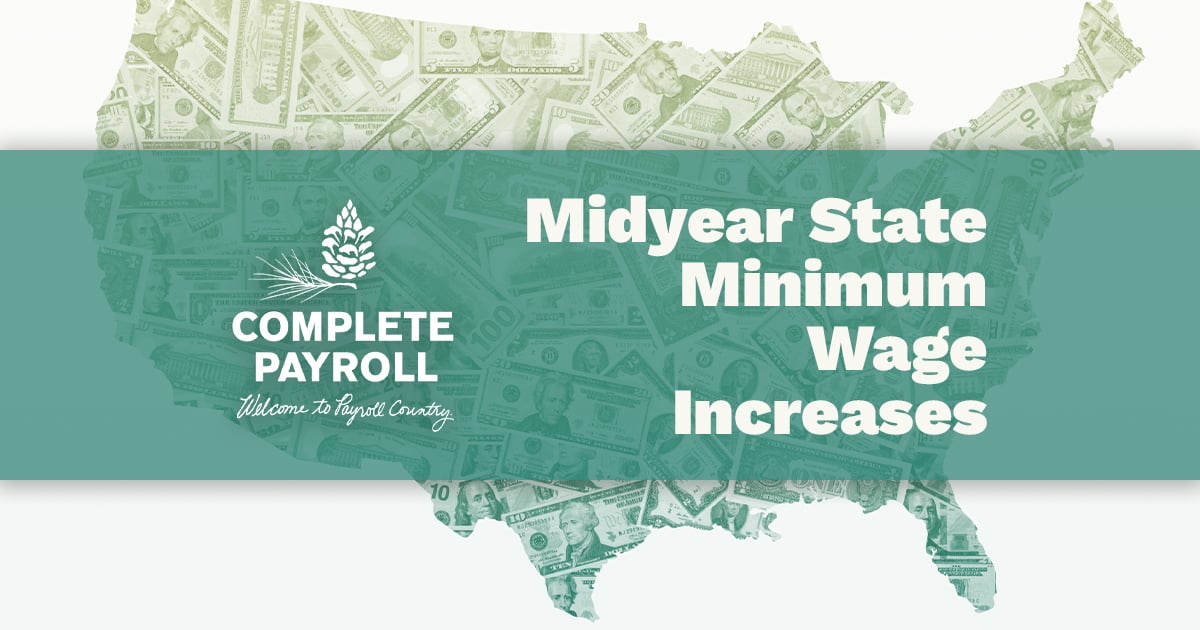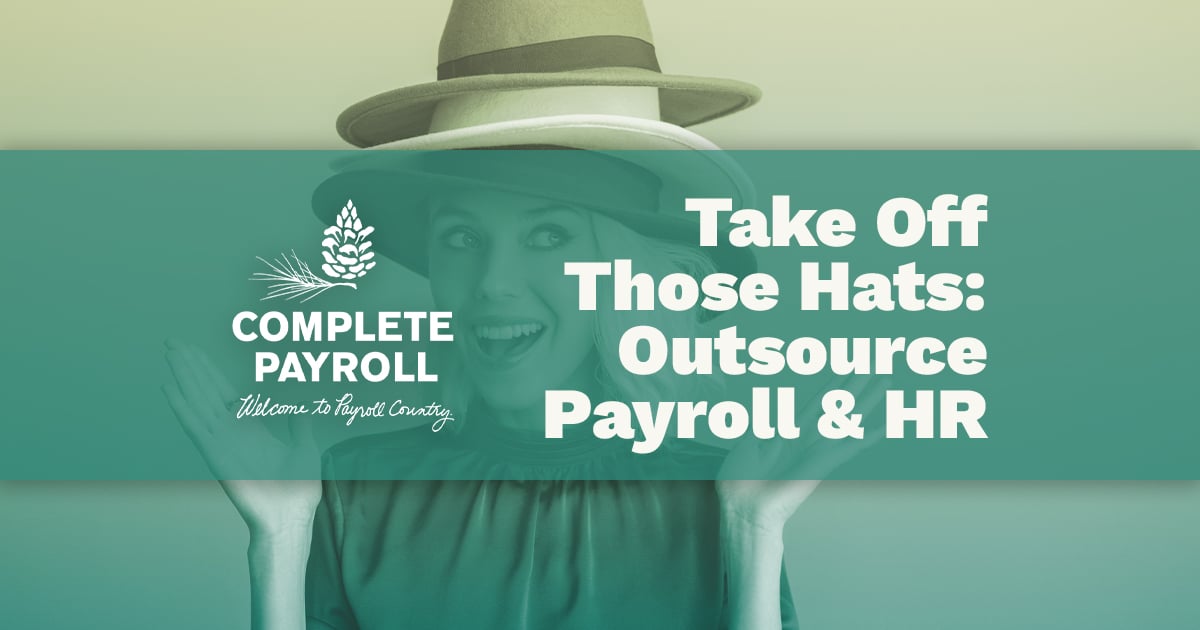
“Background check” is a general term that covers a wide range of investigations into somebody’s history. Depending on who is doing the background check and for what purpose, the nature might be different. For example, landlords might look into rental history and make sure that applicants haven’t been evicted from an apartment before. Lenders probably want to see income and credit history.
Employers will call references and previous places of employment to find out about job history and the candidate’s strengths and weaknesses while working there. If someone claims to have certain degrees, licenses, or other pertinent educational accomplishments, employers may (should!) check up on these as well.
This can all fall under the broad heading of background checks. But if you are going through a third party for background checks, there are some things you’ll generally see on this type of report.
Criminal history
One of the main things that is being searched for in a background check is a history of illegal activity that might make you unsuitable for the job. A criminal background check will include convictions of all sorts, including both misdemeanors and felonies. It can also show court records, arrest warrants, records of incarceration, and sex offender status.
Things that won’t show up include sealed records. If arrests and accusations that are not currently pending show on a background check, these can’t be used in deciding whether or not to hire, retain, or promote someone.
Also keep in mind that a criminal conviction alone is not sufficient reason to hire someone. You’ll need to take into account a number of factors, including the nature and seriousness of the crime, when it took place, and the specific role you’re hiring for when deciding whether the results of a background check are disqualifying.
Work, education, and military service.
Verifying the information on someone’s application or resume is also commonly part of a background check. This includes jobs held, educational background, licenses held, and military service. If you have ever had a professional license suspended or removed by a state board or other governing agency, that will be likely to show up.
Military records are extensive, and can only be fully accessed with the applicant’s explicit permission. Without this permission, employers can access basic information about military service, but this does not include details such as details of their separation from the military. If the candidate is applying for preferential hiring as a veteran, they will need to authorize full access to their military records in order to prove their eligibility.
While lying on a resume or application should absolutely give you reason to question the applicant’s honesty, it’s important to give applicants the chance to address any apparent discrepancies. Schools change their names, typos occur, and sometimes people simply forget exactly when they were hired for that position around ten years ago and make something up.
Remember, resumes are personal marketing documents; candidates don’t necessarily list every job they’ve had, especially if they’re not related to the position for which they’re applying. The summer they got laid off and worked at the Dairy Swirl doesn’t really add to a software engineer’s candidacy so you’d expect to find something like that omitted from a resume.
Identity and right to work.
A background check will confirm that the Social Security number or alien registration number provided matches up with the name given. This will also show immigration status, including the right to work in the United States. Businesses can be held liable for hiring employees who are not authorized to work.
Other types of information.
Depending on the nature of the job, employers can look into driving records, credit history, and where you’ve lived. If the job requires a security clearance, it may also involve getting information from and about any friends and family the applicant has who are citizens of other countries. If this sort of information is required, though, you’ll know well in advance, due to the job itself.
Get help with Employee Background Checks.
Complete Payroll offers employee background checks as a service to its clients. Click here to set up a background check or simply learn more about the service.
Also, check out our comprehensive resource page on employee background checks that consolidates all the information, blog posts and other resources about running background checks on employees and potential hires in one place.


















 Get Instant Blog Notifications
Get Instant Blog Notifications


